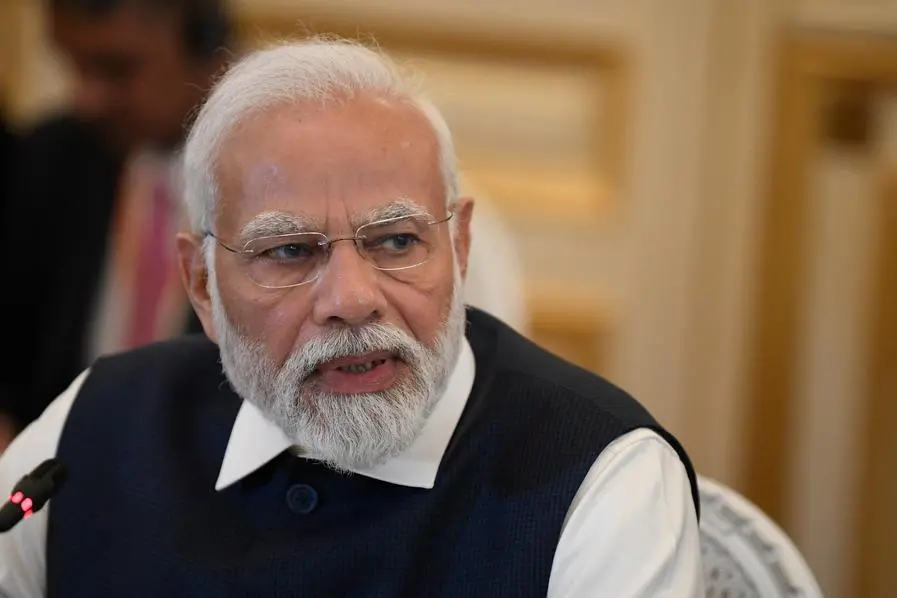PHOTO
NEW DELHI: India is taking the lead to build a transnational electricity grid to enhance energy security in its extended neighbourhood and to leverage growing capacity in renewables, Prime Minister Narendra Modi has said.
Addressing a Group of Twenty (G20) energy ministers meeting in the coastal state of Goa, Modi said, “we are promoting this mutually beneficial cooperation with our neighbors in this region. And I can tell you, we are seeing encouraging results.”
India is promoting this project through the Bay of Bengal Initiative for Multi-Sectoral Technical and Economic Cooperation (BIMSTEC). Bangladesh, Bhutan, India, Myanmar, Nepal, Sri Lanka, and Thailand are members of this regional organisation of countries which draw sustenance from the Bay of Bengal.
The proposed grid envisages energy connectivity from India and Bangladesh through Myanmar and Thailand on the one hand and from India through Nepal and Bhutan on the other. It will have a length of 3,000 kilometres.
“Trans-national grid interconnections can enhance energy security,” Modi said. “Realising the vision of inter-connected green grids can be transforming. It will enable all of us to meet our climate goals, stimulate green investment, and create millions of green jobs.”
The BIMSTEC plan complements another proposal initiated by India during the 26th United Nations Climate Change Conference (COP26) in Scotland in 2021. That plan envisages a global solar grid of 100 nations.
“I invite you all to join the Green Grids Initiative – One Sun, One World, One Grid of the International Solar Alliance,” Modi told the G20 ministers.





















